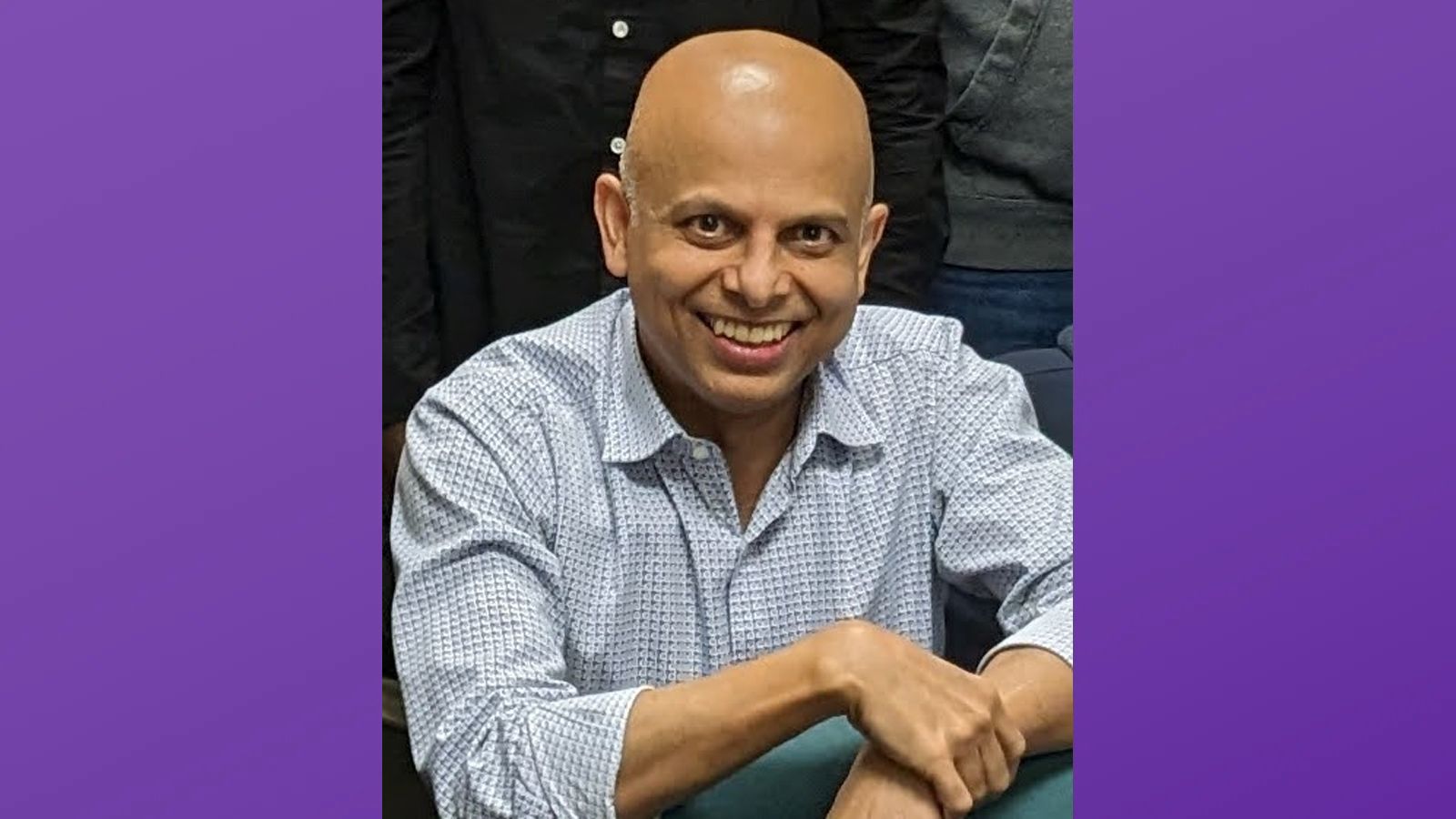The trauma persists!
When a gunman unloads his weapon(s) in a school, the damage to students can reverberate many years later, a new study by a Hunter professor shows.
In fact, the study found, students who have been exposed to school shootings often experience adverse consequences for their health, education, and job prospects more than a decade after the event.
The exposed students:
- engage in more alcohol consumption and binge drinking
- exercise less
- report being in worse health
- are less likely to graduate from college or technical school
- have lower incomes
- and are more likely to be unemployed than their unexposed peers
The study, published in a paper by Hunter College Economics Professor Partha Deb and Anjelica Gangaram, a University of Michigan PhD candidate and Hunter graduate, found that school-shooting exposure leads to negative health and job outcomes for almost 2,000 men and women annually — even into the students’ 20s and 30s.
The authors note that their results likely define the lower bounds of the true adverse effects of school gun violence — and that such effects are widespread.
“No region of the country is unaffected by school shootings,” said Professor Deb, who chairs Hunter’s Economics Department and is also a senior adviser of the Center for Medicare and Medicaid Innovation.
In the paper, published in the Journal of Population Economics, Deb and Gangaram write that their results “highlight the hidden health and human-capital costs that potentially compound with each additional shooting.”
He added: “As we worked on this project, every time a new school shooting made the headlines, all I could think about were the ripple effects the shooting generated — ripple effects that would be felt for decades to come.”


